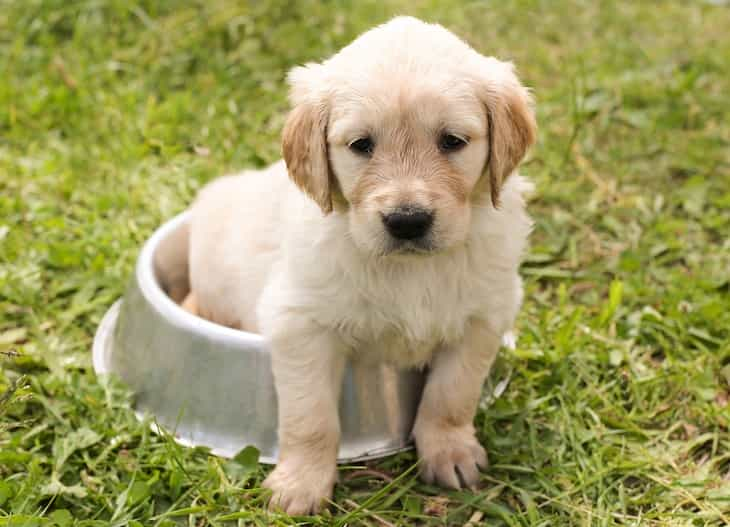Tiny puppies often act like little kids - they can sometimes whine when they want something, or just to attract your attention.
Meanwhile, if your puppy whines quite a lot, it might also be a sign that something is wrong with it.
Here are a few popular reasons why it happens.
Communication
Whining is a puppy's way of communicating.
They might be expressing discomfort, hunger, or the need to go outside.

Attention-Seeking
Puppies often whine to get your attention. It might be their way of saying, "Hey, notice me!"
Anxiety or Loneliness
Puppies may whine when they feel anxious or lonely.
This can happen when they are separated from their littermates or when left alone.
Physical Discomfort
If a puppy is in pain or discomfort, whining can be a way of expressing this.
It could be due to health issues or even an uncomfortable sleeping arrangement.
Hunger or Thirst
Like babies, puppies whine when they are hungry or thirsty.
Ensuring they have regular meals and access to water can help.
Need for Bathroom Breaks
Puppies have small bladders, and they may whine when they need to go outside for a bathroom break.
Teething
Teething can be uncomfortable for puppies, and they may whine as a response to the pain and irritation.
Excitement
Puppies may whine when they are overly excited or anticipating something fun.
Fear or Insecurity
New environments or experiences might make a puppy feel scared or insecure, leading to whining.
Unmet Socialization Needs
Puppies are naturally social animals.
Lack of proper socialization can result in anxiety, and whining might be a manifestation of this.
Recently, we talked about sense of humor in animals.









